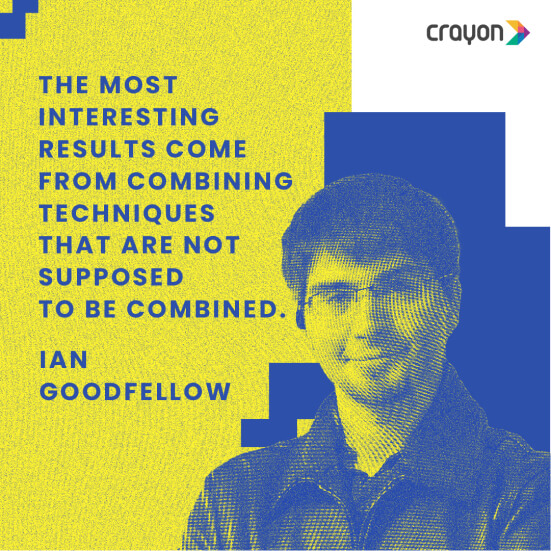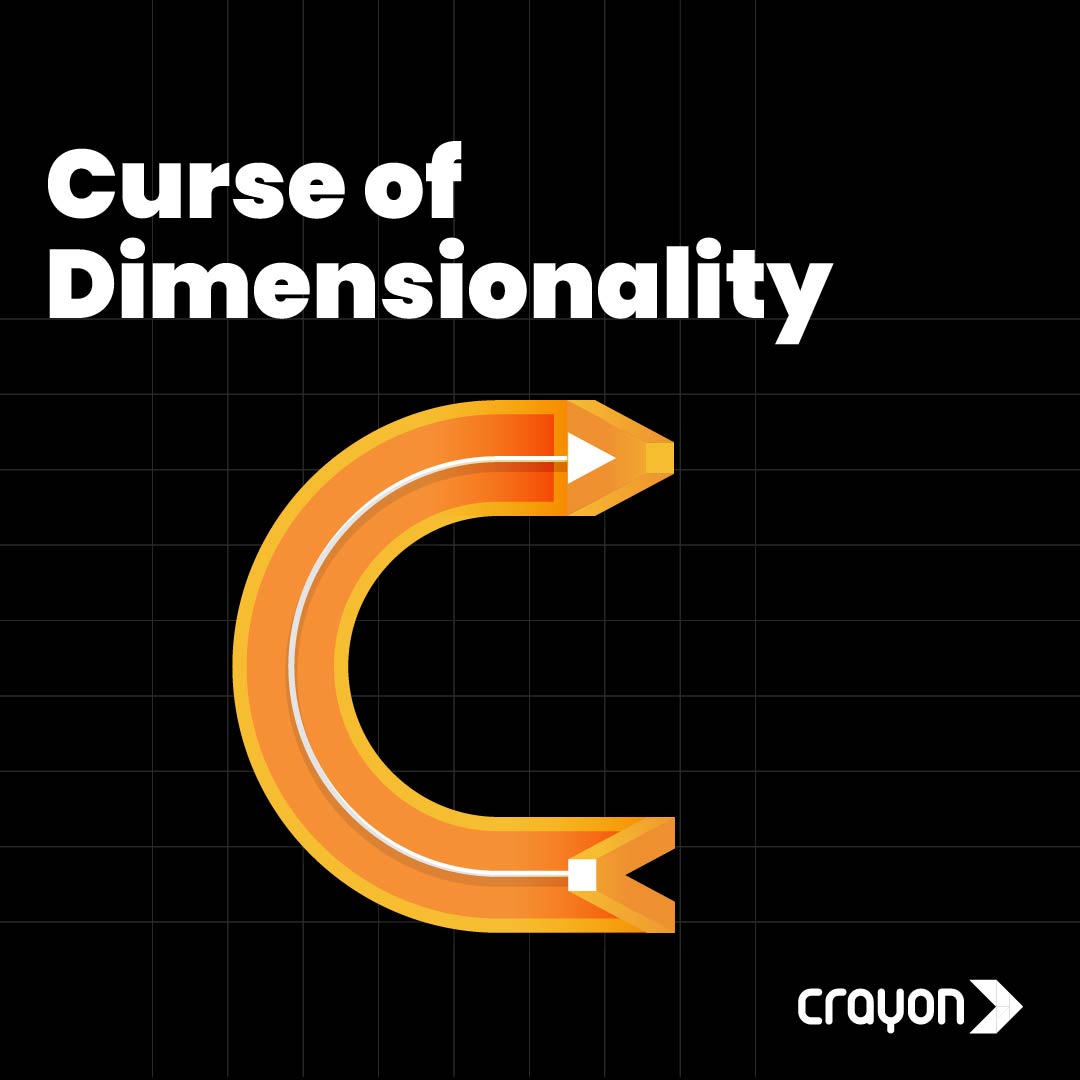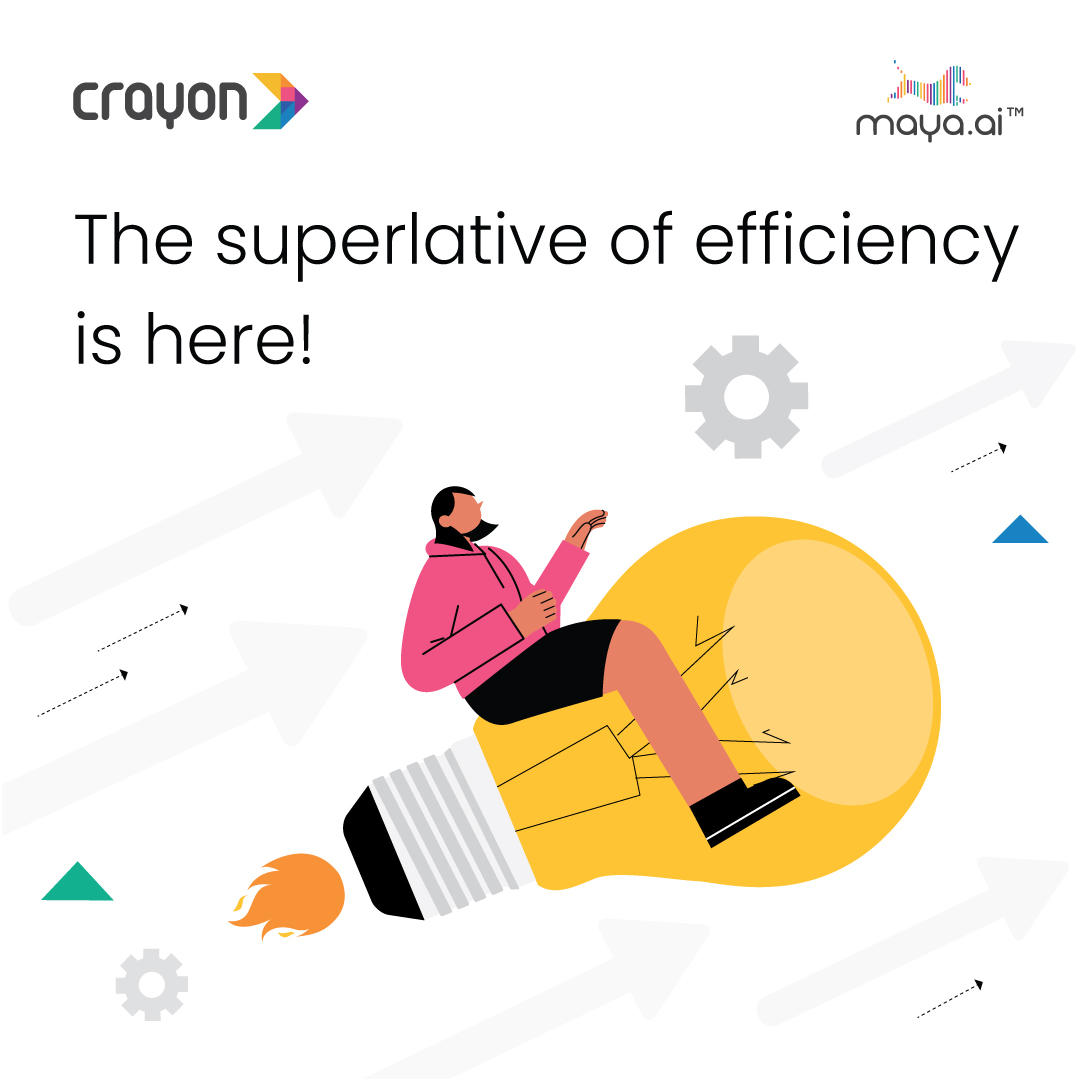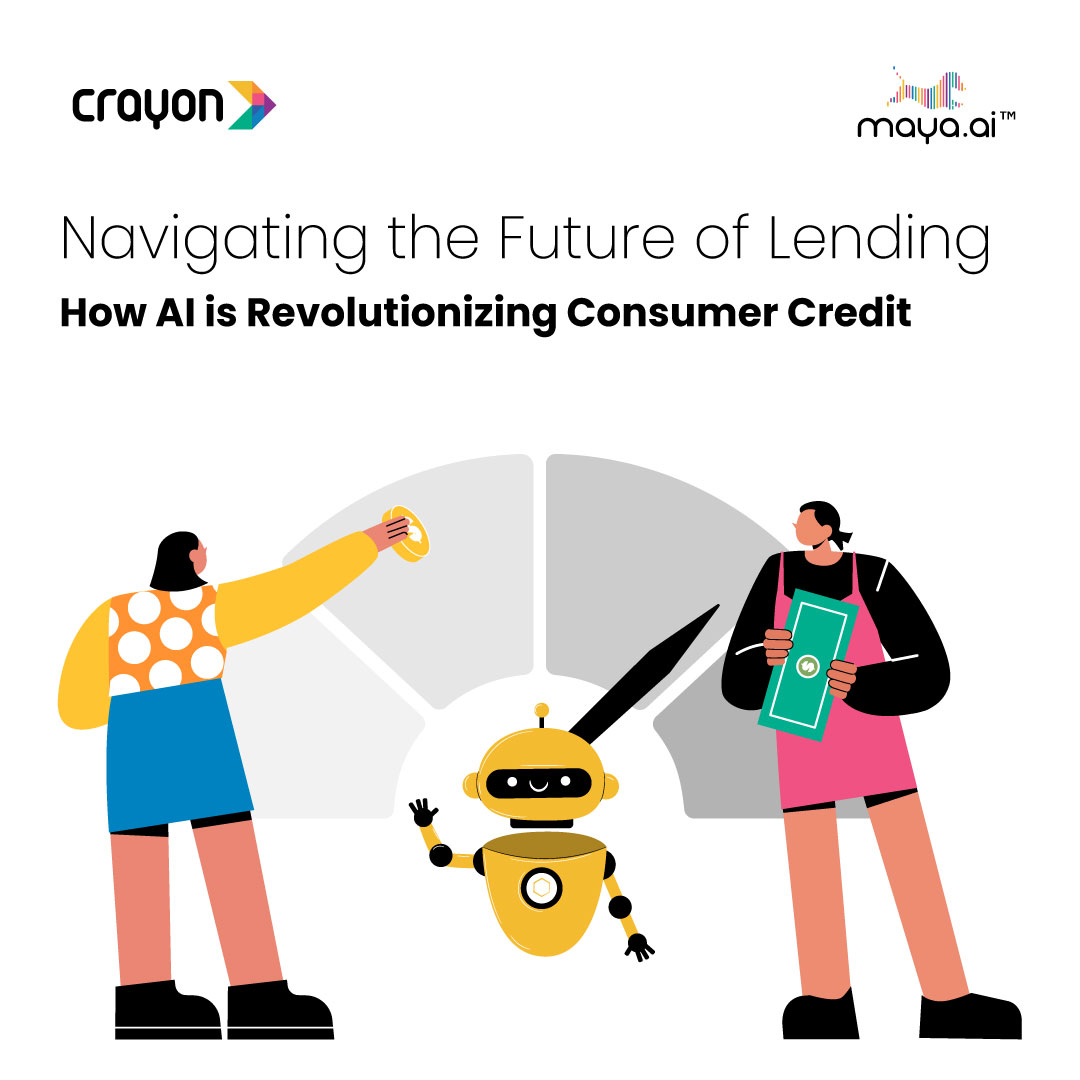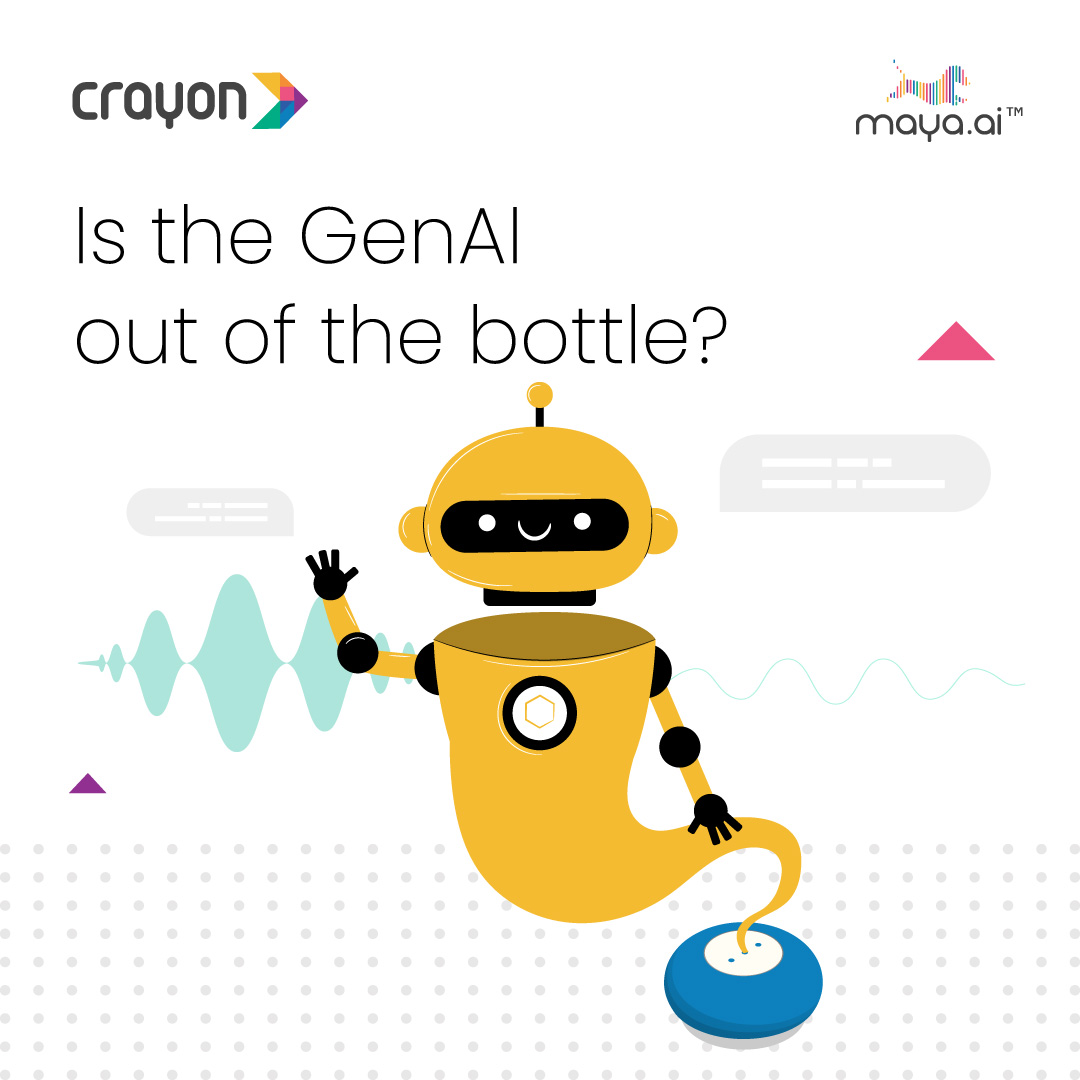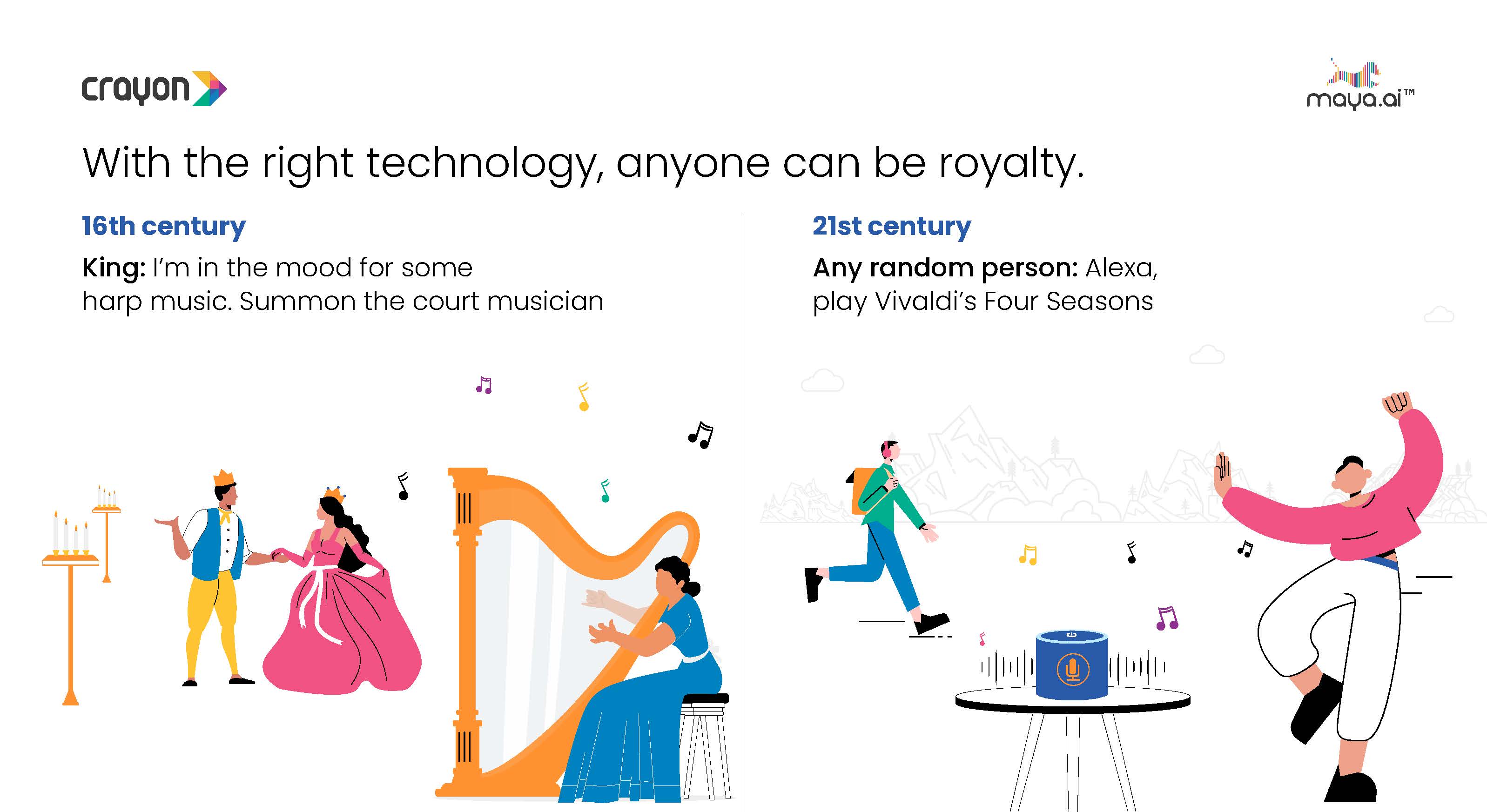
Everything’s great. Data and AI are propelling all sectors. We get all the required info in the palm of our hand. All good, everything is peachy, except…
…having to wait for data scientists to extract the information one wants.
Well, not anymore. Thanks to Natural Language Querying (NLQ).
What is NLQ?
NLQ is devoid of codes, syntaxes, or non-language characters. Simply put, it is like speaking to a software much in the way we speak with people. Browser searches, virtual assistants are examples of NLQ in action.
How does this work?
A software/ program’s ability to respond to NLQs is powered by Natural Language Processing (NLP). Currently, there’s no technology that can actually interpret human language as it is spoken. Therefore, NLP includes processes such as parsing, word segmentation, breaking of sentences, named entity recognition (NER) and word sense disambiguation to understand user queries. These processes help the model generate human-understandable responses.
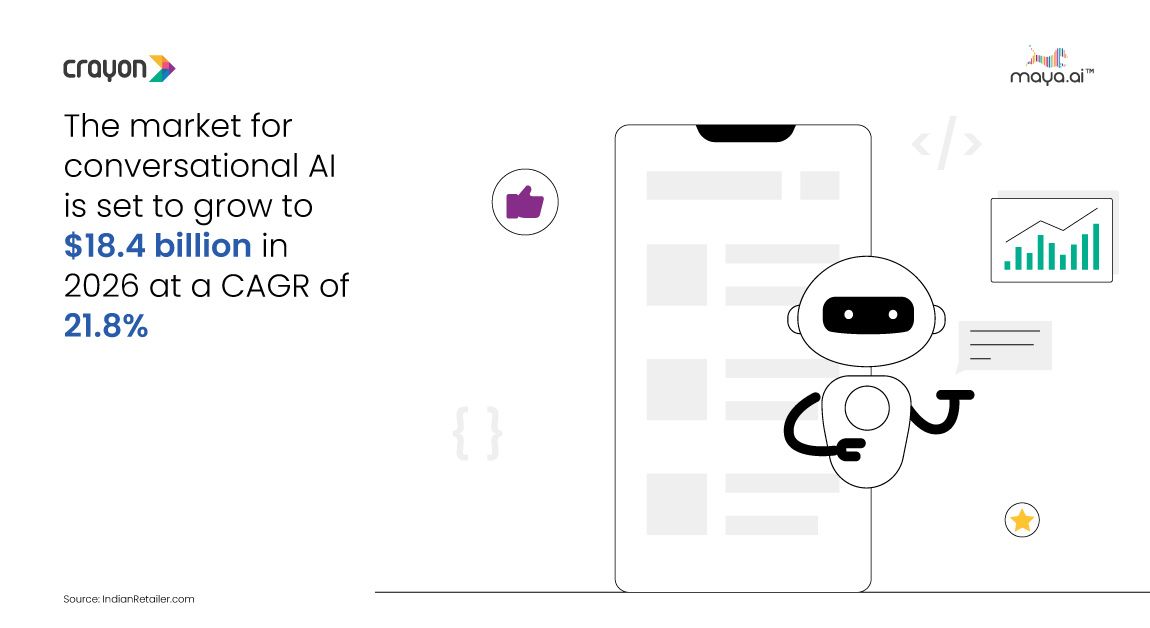
How does it benefit businesses?
1. Access
The obvious benefit of NLQ is the distribution of access to everyone entitled to get insights from the data. An accurate example of this would be the difference FactEngine.ai has brought to the industry. Let’s take the example of a timetable query.
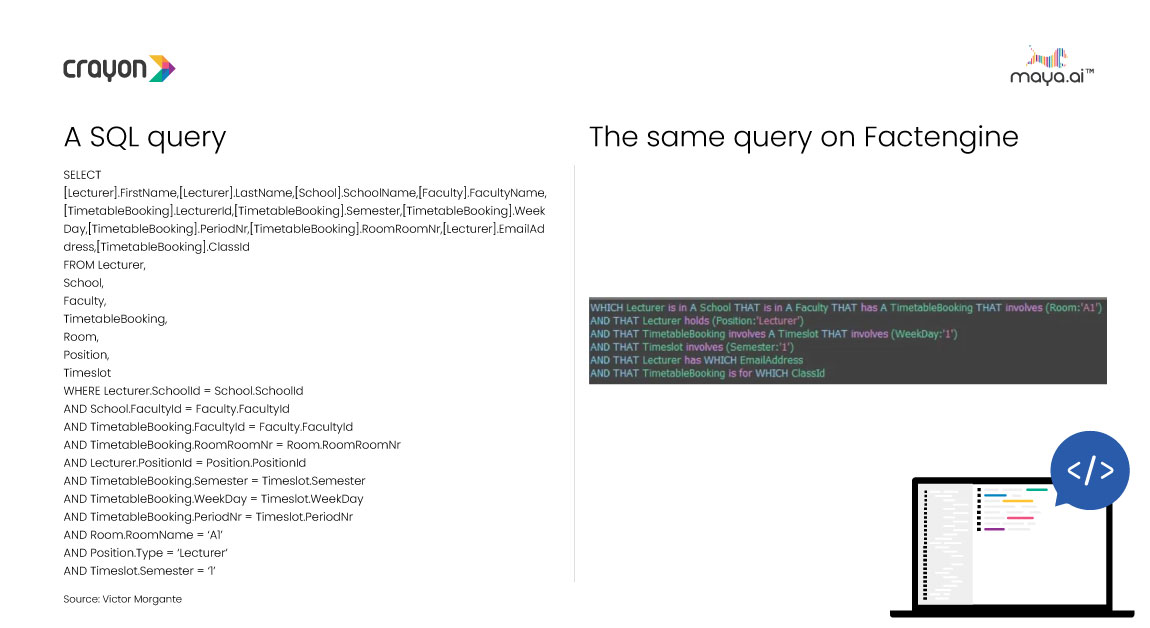
Such access can be life-saving too. Forwood, a Brisbane-based enterprise focusing on fatality prevention solutions, uses Amazon QuickSight Q to make fatality prevention data readily available to workers at all levels of an organization.
Faye Crompton, Forwood’s Head of Analytics and Benchmarking, says, “Our FAST (Forwood Analytical Self-Service Tool for Reporting) gives users the opportunity to ask their own questions via the natural language-based interface.” This allows them to query and quickly visualize fatality risks on their sites.
2. Enhancing user experience
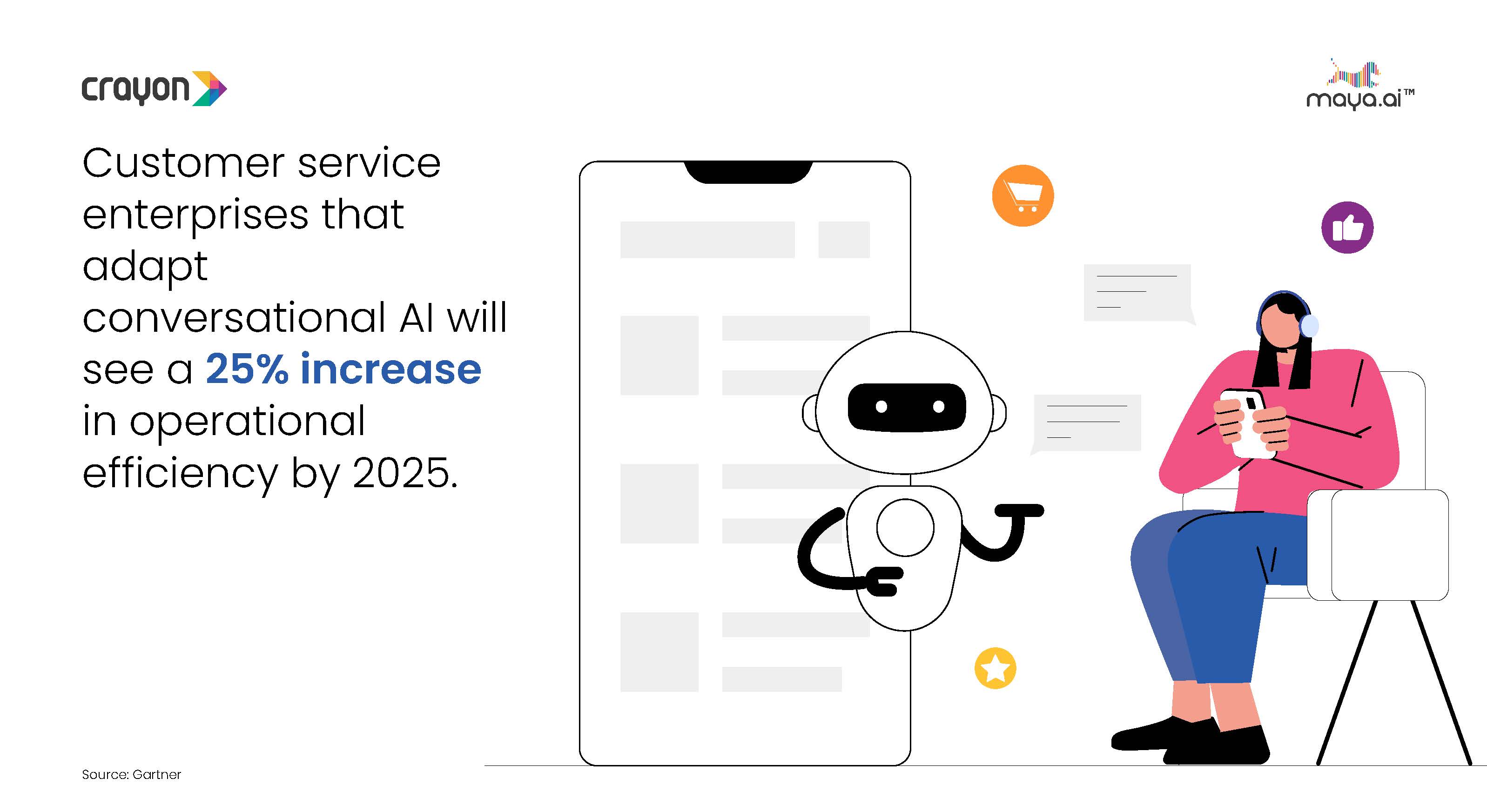
The Triple Crown Horse Races in North America are one of the most popular in the continent. While seasoned eyes know where to look, novices restrict their bets to previous winners or bidders’ favorites.
To level the field for all, Equibase, the industry standard horse racing database, partnered with Pramana Labs. They wanted to generate trends and tips pertaining to any race in North America. All the bidders need to do is go to the Equibase website and type in their query. Pramana’s AI responds in simple language.
In the words of Corey Patton, Pramana’s CEO, “It will scan the database, and look for combinations of hidden events occurring in every race, every track, every day, everywhere in North America. If you’re a horse player at Finger Lakes, versus a horse player at Churchill, you still get these statistical pieces of information.”
With such free availability of histories and track records, bidders could go for data-driven decisions over intuition-driven ones.
3. Quicker Decision Making
For situations that can’t afford a delay in decisions, NLQ comes to the rescue. The collaboration of NFL Next Gen Stats and Amazon QuickSight Q is a case in point.
Though invaluable in nature, NFL Next Gen Stats’s vast repository lacked the accessibility to make itself useful. Integration of Amazon QuickSight Q in its framework made the database beneficial to NFL teams and content creators.
Getting data with only a few minutes to a game is no longer a hassle. Change in the course of a game can always be met with a change in strategy, till the very last minute. Content creators can now get live game statistics for discussion, in a few clicks. After all, what could be hotter for sports fanatics than real-time updates? So, better game, better entertainment!
But no, NQL can’t replace human operators.
When it comes to a comparison, human judgment shows its superiority over NLQ. NLQ’s impetus comes from the fact that it can help ease the load placed on human operators.
Homonyms and homophones – the source of many a linguistic confusion – don’t spare machines either. With their ability to confuse natural intelligence, what chance does artificial intelligence stand?
When it comes to virtual assistants, sarcasm has a higher chance of not being recognized. Remember when Tony Stark threatens Dummy to not mess up, lest it wants to end up in a city college? That threat wouldn’t even be perceived by Dummy, for all we know!
But who’s to say this will always be the case? After all, reality may shape up to a point where AI can, and will, roast us!


